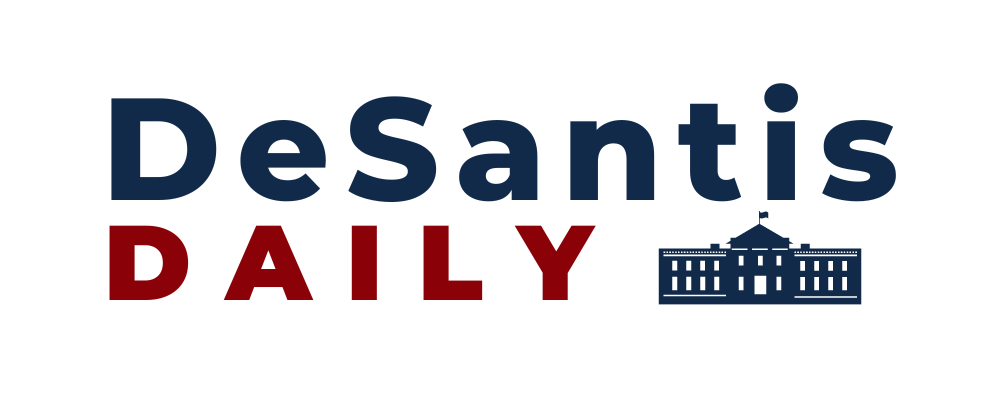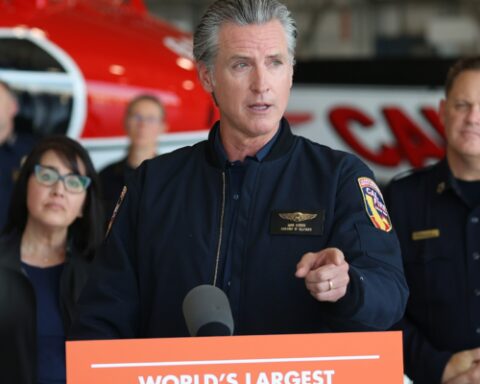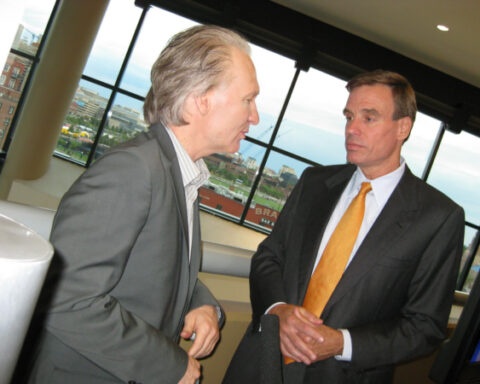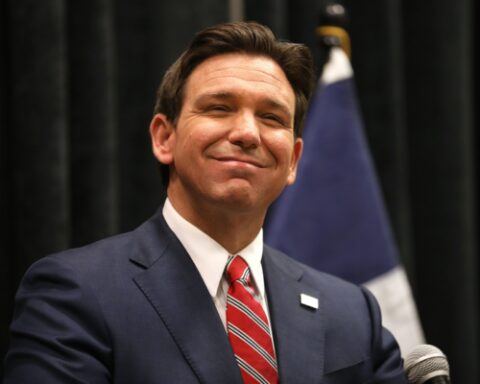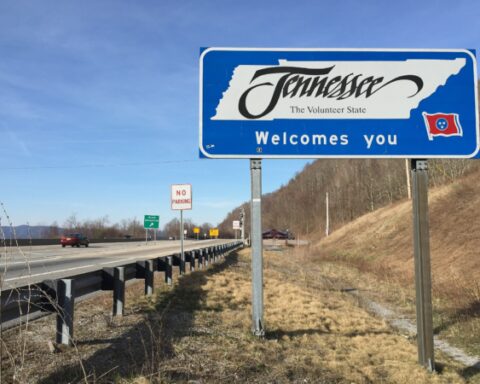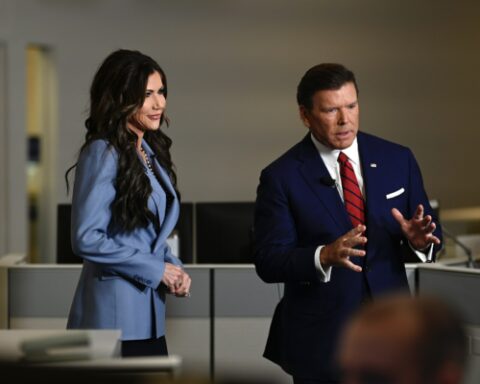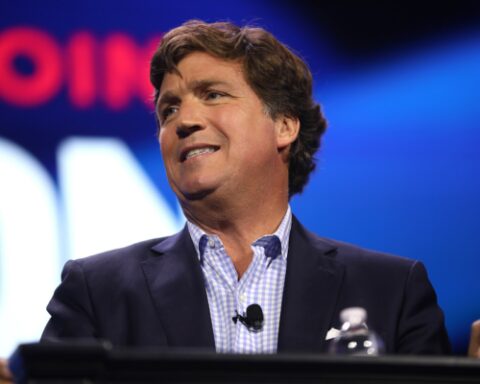In a surprisingly candid moment, a prominent Democratic strategist reportedly acknowledged the party’s deep malaise, suggesting only a dramatic economic downturn might shake voters into supporting Democrats once more.
In a recent interveiw, strategist Brad Bannon lamented that, six months after a bruising midterm cycle, Democrats remain “stuck in the same mud.”
He noted that public opinion has barely budged since President Trump retook the White House, with low approval ratings persisting and signs of widespread dissatisfaction.
Another party operative, granted anonymity, went further: labeling the current climate “a nightmare scenario” and bluntly stating, “We better pray long and hard that the country is going to be in a f—ing depression because I don’t know how else we find ourselves out of this mess.”
A Marist poll released in early July underlined the urgency. Only about a quarter of Americans — roughly 27 percent — say they approve of how congressional Democrats are performing.
The findings reflect a stubborn disconnect between Democratic leaders and voters who say their concerns—on inflation, housing, immigration and crime—are not being addressed.
Rodell Mollineau, another Democratic consultant, said the party is “in the wilderness.” He explained that without a clear sense of relevance and engagement on issues that matter to everyday Americans, Democrats risk continued irrelevance. “When voters don’t think that you care about their issues, and they don’t think that you’re going to fight for them, that becomes a problem,” he added.
Some within the party blame the Democrats’ image. Critics argue that the party has drifted toward a posture described by some as “woke” or overly focused on identity politics—potentially alienating moderate and working‑class voters.
Others insist that Democrats must sharpen their critique of Trump-era policies—highlighting areas like Medicaid rollbacks, immigration enforcement, and trade tariffs as political leverage.
Bannon himself urged the party to lean into these policy differences, arguing that spotlighting those elements could re-energize voters disillusioned by incumbency.
But the underlying tone from his comments—hoping for a national downturn to reset political fortunes—exposed a degree of desperation.
The blunt internal assessments signal rising alarm in the Democratic ranks. As they head into off-year elections and begin preparing for 2026, leadership faces a stark choice: redefine the party’s message with fresh tangible priorities, or risk riding out the remainder of this political cycle in electoral obscurity.
The strategist’s bleak projection—that only economic collapse might offer a path forward—suggests the identity of the party in 2025 is teetering on a precarious edge.
[READ MORE: Trump Issues Directive: ‘Arrest These SLIMEBALLS’ in Response to Anti‑ICE Riots]
